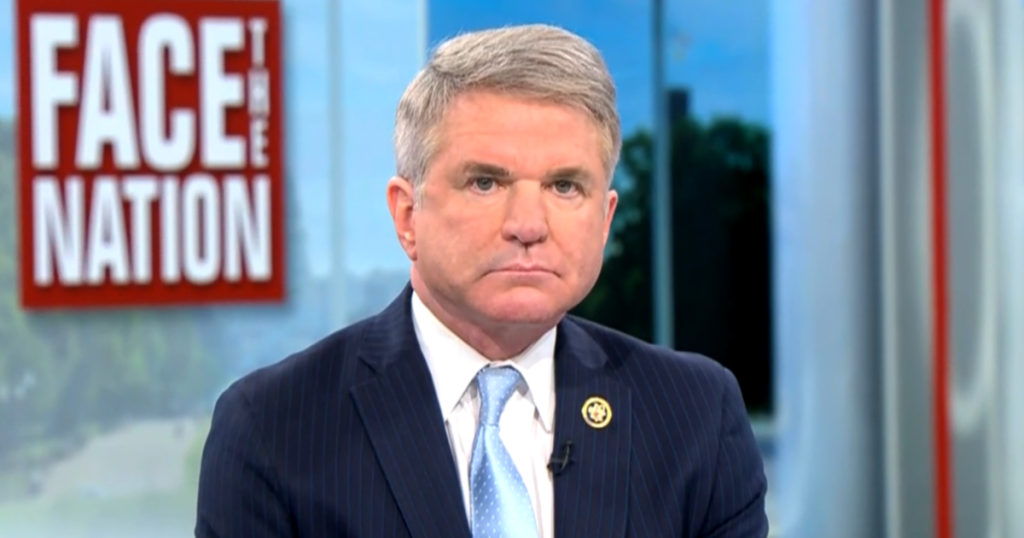Rep. Michael McCaul, the chairman of the House Foreign Affairs Committee, emphasized the urgency of bringing Ukraine aid up for a vote in the House, calling it a “speaker determination” that needs to be addressed promptly. McCaul had plans to discuss the issue with Speaker Mike Johnson, who had committed to bringing the aid to the floor. However, the decision is complicated by opposition within their conference. Some Republicans oppose the funding without concessions, such as tying it to President Biden reversing a moratorium on natural gas export permitting or allowing the sale of frozen assets of Russian oligarchs. Former President Donald Trump has suggested providing aid in the form of a loan.
Speaker Johnson had initially blocked a supplemental funding package approved by the Senate in February that included aid for Ukraine, Israel, and Taiwan, opting for the lower chamber to find its own path on foreign aid. The path forward remains unclear, with Johnson balancing various factors in deciding when and how to proceed with the aid package. Despite facing pressure from Rep. Marjorie Taylor Greene and threats to oust him as speaker, Johnson has expressed support from former President Trump, who has significant influence over the Republican conference. The influence of Trump on Republicans when it comes to information about the Ukraine-Russia conflict outweighs other sources such as the military, Pentagon, conservative media, and the State Department.
Amidst ongoing tensions, an unprecedented attack by Iran against Israel on Saturday has prompted calls from congressional leaders for additional aid to Israel. Senate Majority Leader Chuck Schumer and Senate Minority Leader Mitch McConnell have urged the House to move forward with the Senate-passed national security supplemental, which includes aid for both Israel and Ukraine. House Majority Leader Steve Scalise has announced plans to introduce legislation in support of Israel this week, indicating a bipartisan consensus on the need to provide aid to both Israel and Ukraine. The situation in the region underscores the importance of maintaining security and stability through foreign aid initiatives.
The decision on when to bring the Ukraine aid package up for a vote in the House is crucial as time is of the essence in responding to the needs of Ukraine. McCaul stressed the necessity of acting quickly to ensure that the aid reaches Ukraine in a timely manner. The speaker’s role in facilitating the discussion and decision-making process is significant in determining the next steps on foreign aid. The complexities involved, including political considerations and competing interests within the Republican conference, will require careful navigation to reach a consensus on how best to proceed. The involvement of key stakeholders, including former President Trump and congressional leaders, underscores the importance of finding a unified approach to addressing the crisis.
The need to support Ukraine and Israel in the face of regional tensions and conflicts is a priority for congressional leaders, who are pushing for the approval of additional aid packages. The Senate’s approval of a national security supplemental that includes aid for both Ukraine and Israel has set the stage for potential action in the House. The urgency of responding to crises in the region, such as the Iran-Israel conflict and the Ukraine-Russia conflict, highlights the importance of foreign aid in promoting stability and security. The discussions between key stakeholders, including Speaker Johnson, Rep. McCaul, and former President Trump, will play a crucial role in determining the next steps in providing aid and support to countries in need. The political dynamics and competing interests involved will shape the decision-making process as efforts continue to address the evolving situation in the region.


